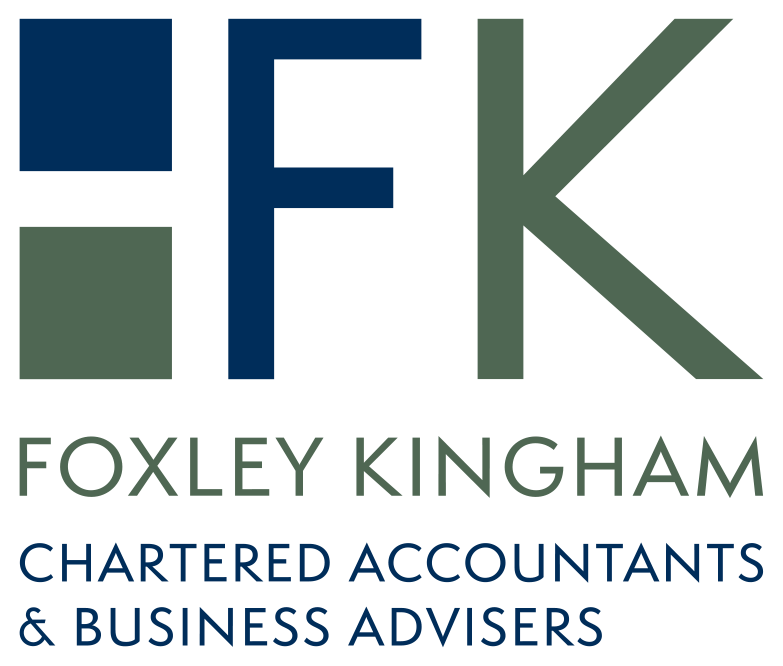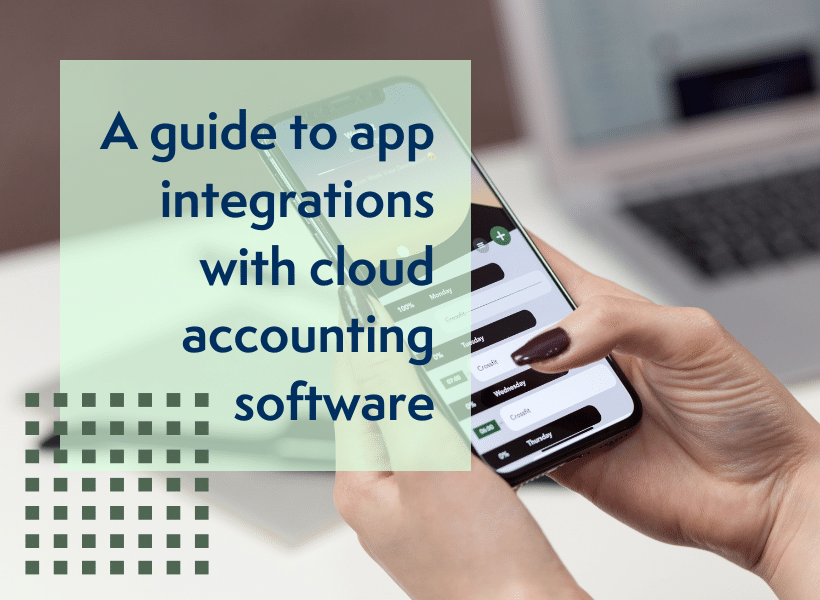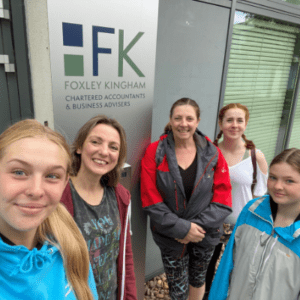
The business finance landscape is evolving. Keeping interest rates artificially low for so long during the pandemic has created, in many financial experts’ opinions, an over-evaluation of assets now causing investors to be more nervous than they usually would be pre-pandemic. So where does this leave finance for those businesses seeking it, particularly those businesses that face a more uncertain future, needing investment to grow or diversify?
Finance for innovation
The outlook for many businesses is indeed different. COVID-19 relief measures have gone, inflation is set to rise even higher this year, and the current predicted generation of trade for UK deals is less than the loss weathered through exiting the EU. Coupled with supply chain disruption and scarcity of labour, there is a real need for business finance to enable companies to keep on innovating; a need that may not be able to be met through traditional methods.
Decentralised financial systems
An emerging mechanism for business finance is driven increasingly by decentralised finance; through blockchain and peer-to-peer networks rather than the Government controlled centralised system. From direct peer-to-peer (P2P) to crowdfunding, to Initial Coin Offerings (ICOs) and Special Purpose Acquisition Companies (SPACs), these ‘direct’ options provide a potentially viable alternative for companies.
Peer-to-peer (P2P) funding
P2P lending cuts out the middle person and is simple to apply for. Relatively small amounts from £1,000 upwards to £1 million are made available by a pool of small investors who look for, usually, local businesses to support, or a business whose values resonate with their own.
Crowdfunding
Usually, for consumer-facing businesses, crowdfunding is where funds are raised by the public. Businesses put out communication about why people may want to get behind their business, for instance, a café that is a hub for the community, offers very small stakes in their business for varying amounts of money. Known as the ‘digital-age way to sell shares’ crowdfunding has been known to raise several millions of pounds via thousands of micro-investors.
Special Purpose Acquisition Companies (SPACs)
A SPAC is a company with no commercial operation, sometimes called a ‘shell company’ that exists for the purpose of taking other companies public. If a business is acquired by a SPAC, it can raise capital through the founders and investors of the SPAC.
Initial Coin Offerings (ICOs)
ICOs are enabled by decentralised finance systems, which are essentially permissionless infrastructures, secured by encryption, where businesses transact directly with each other, with no institution involved. Bitcoin and other cryptocurrencies are all forms of decentralised finance and ICOs are the mechanism for raising funds for a new cryptocurrency. A bit like crowdfunding, an ICO is a way a business can raise capital, offering investors crypto vouchers in exchange for a stake in their business.
Businesses may need to turn to alternative funding methods
While some of these alternative methods for business funding may seem too high-tech for some, the flexible funding needed to enable businesses to innovate, particularly with regard to tech adoption and agility of operation, may mean such forms of funding are increasingly tempting.
The rise of decentralised funding systems, away from traditional institutional lending has been exacerbated by the pandemic and is the reason why so many of these new forms of funding are now becoming an option.
While the future of business funding and investment growth remains uncertain, one thing isn’t; the decisions governments will make will be key to whether these decentralised systems can co-exist with central financial systems and whether the impact on businesses will be positive or negative.
Speak to your Foxley Kingham accountant about your funding needs, you can arrange a free telephone consultation any time.










